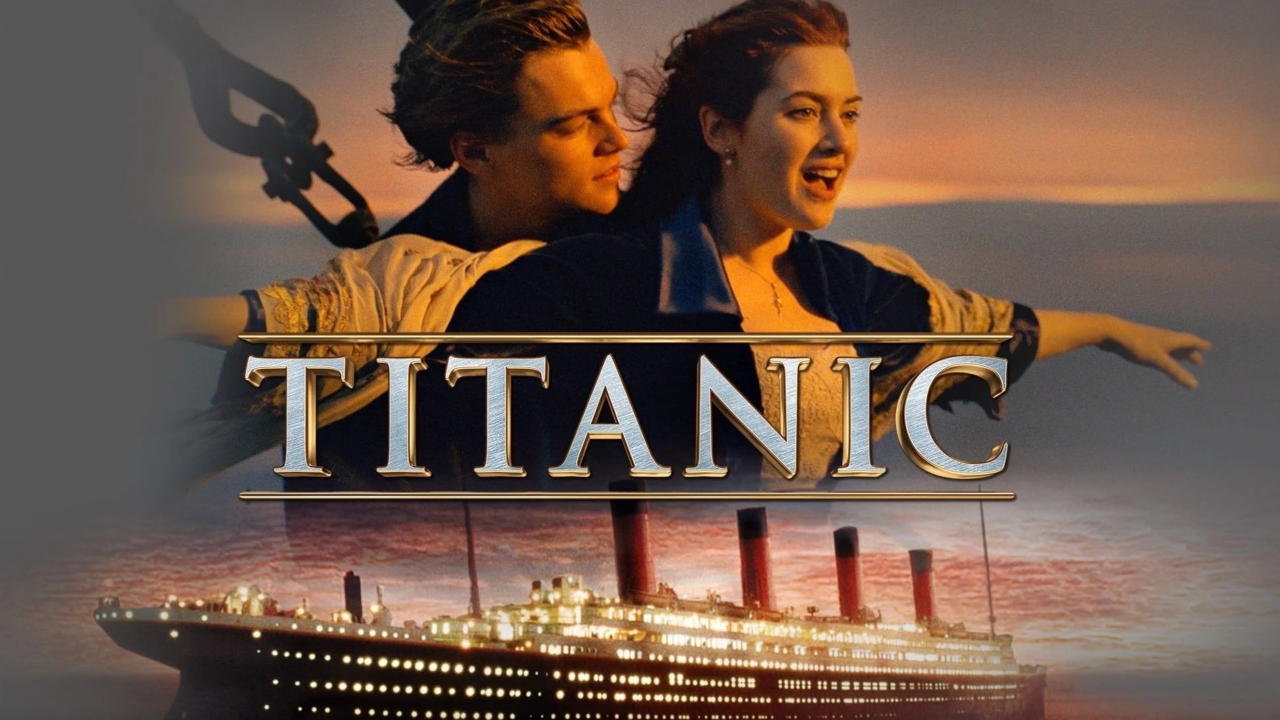premiumtix.net – Released in 1997 and directed by James Cameron, “Titanic” is an epic romance and disaster film that became a cultural phenomenon. The film tells the fictional love story of Jack Dawson and Rose DeWitt Bukater, set against the backdrop of the real-life sinking of the RMS Titanic in 1912. With its groundbreaking special effects and heartfelt narrative, “Titanic” captured the hearts of audiences worldwide.
The Plot
A Love Story Across Social Boundaries
“Titanic” follows the journey of Jack Dawson, a penniless artist played by Leonardo DiCaprio, and Rose DeWitt Bukater, a young woman from an affluent family portrayed by Kate Winslet. They meet aboard the RMS Titanic, where their love blossoms despite the stark differences in their social classes. The film explores themes of freedom, love, and rebellion against societal expectations.
The Ill-Fated Voyage
As Jack and Rose’s romance unfolds, the Titanic strikes an iceberg and begins its tragic descent into the icy Atlantic Ocean. The film meticulously recreates the events of the disaster, highlighting the chaos and heroism that ensued as passengers and crew fought for survival. The sinking of the Titanic serves as a dramatic backdrop to the personal struggles and sacrifices of the characters.
Themes and Symbolism
Class Struggle and Inequality
The film delves into the rigid class distinctions of the early 20th century, showcasing the opulence of the first-class passengers and the stark conditions of those in steerage. Through Jack and Rose’s relationship, “Titanic” critiques the social barriers that separate people and emphasizes the universal nature of love and human connection.
The Fragility of Life
“Titanic” poignantly captures the fragility of life and the randomness of fate. The ship, deemed “unsinkable,” becomes a symbol of human hubris, while the tragic loss of life underscores the unpredictability of existence. The film encourages viewers to cherish every moment and the people they love.
Cinematic Achievements
Visual Effects and Production Design
James Cameron’s “Titanic” is renowned for its spectacular visual effects and meticulous attention to detail. The film’s recreation of the ship, both in its grandeur and its destruction, set a new standard for realism in cinema. The seamless blend of practical effects and CGI brought the Titanic to life in stunning detail.
Iconic Soundtrack
The film’s music, composed by James Horner, features the iconic song “My Heart Will Go On,” performed by Celine Dion. The soundtrack became synonymous with the film, enhancing its emotional depth and contributing to its enduring legacy.
Legacy and Impact
Box Office Success and Awards
“Titanic” became one of the highest-grossing films of all time, holding the record for over a decade. It won 11 Academy Awards, including Best Picture and Best Director, cementing its place in cinematic history. The film’s success solidified the careers of its stars and marked a milestone in filmmaking.
Cultural Influence
The impact of “Titanic” extends beyond its box office success. The film reignited interest in the historical Titanic and inspired countless discussions about its legacy. Its love story and dramatic portrayal of the disaster continue to resonate with audiences worldwide.
Conclusion
“Titanic” is a timeless epic that masterfully weaves romance and tragedy into a compelling narrative. Through its unforgettable characters and breathtaking visuals, the film captures the essence of human emotion and the enduring power of love. As both a historical retelling and a cinematic masterpiece, “Titanic” remains a beloved classic that continues to captivate and inspire.
